
The new, renewed, Jew-hating virus has been spreading for years but it’s now reaching epidemic proportions, especially in so-called intellectual circles. Much of the publishing world has turned hostile to Jews. Writers giving off a whiff of Zionism or appreciation for Western civilization often find themselves canceled. Equally devastating is the silent boycott, the quiet killer that has many well-known authors with great manuscripts muscled out, unable to get publishing contracts with no real reason given, even before colleagues start banning their works. If Adam Bellow and David Bernstein hadn’t had the wisdom to found Wicked Son in 2020, we would be begging them today to launch a bold, open-minded imprint, willing to publish books about Jews and Israel, from left to right, religious and nonreligious, without the suffocating political correctness of today’s Academic Intifadaists.
Let’s not exaggerate. America today is not Germany, 1939. And Jewish-themed books do get published by corporate trade publishers and feisty Israeli-based imprints, including Toby Press and Gefen Publishing. Still, in a matter of months, a century of progress against Jew-hatred vanished. Bloodthirsty cries of “From the River to the Sea,” “Go Back to Poland,” “The Only Good Zionist is a Dead Zionist,” and “Globalize the Intifada” resurrected the once-genteel bigotry baked into publishing, the media, the academy. Media bias and the Academic Intifada have attracted more headlines. But it’s equally dismaying to read that more than 6,000 authors, “including winners of the Nobel Prize, Booker Prize, Pulitzer Prize, and National Book Award,” boast of launching “a mass boycott of Israeli publishers complicit in the dispossession of the Palestinian people.” It’s hard to believe that the University at Albany canceled a panel because two book festival authors wouldn’t appear alongside an equally progressive feminist colleague they deemed “Zionist” – the panel’s topic: “Girl’s Coming of Age.” And the hits keep coming: A bookstore that won’t host a discussion of an anti-Israel screed because the interlocutor is a “Zionist,” a publishing trade publication that rejects an advertisement for a book because of that radioactive I-word, “Israel” in the title.
Those slights are the ones that made headlines. Jewish intellectuals from coast-to-coast keep trading stories of agents firing their authors for being too Zionist, of publishers rejecting excellent, bankable manuscripts from Jewish or pro-Israel authors without explaining why, and of an unspoken Woke strike – how the underpaid, overworked, fresh-out-of-college literary types who keep corporate publishing going simply won’t touch pro-Israel books or books by “Zionist” authors, leaving them orphaned when it comes to marketing, publicity, or simply getting extra copies sent out. Talk about the chilling effects of cancel culture! It sometimes feels like the bad old days when New York’s tony Union Club blackballed German Jewish merchants, or when no country club in Los Angeles would accept Jews.
Jewish intellectuals from coast-to-coast keep trading stories of agents firing their authors for being too Zionist, of publishers rejecting excellent, bankable manuscripts from Jewish or pro-Israel authors without explaining why.
From coast to coast, in the late 1800s and early 1900s, Jews learned that in America you don’t whine, you build. Again and again, they simply launched bigger, better institutions. In New York, the Harmonie Club, founded in 1852, was soon housed in a fabulous mansion on East 60th Street. The club had suitably snooty members from the Bloomingdale, Guggenheim, and Ochs families. During World War II, it hosted prominent refugees like Albert Einstein in the fight against Nazism. In Los Angeles, Hillcrest Country Club, established in 1920, soon found oil on its land – giving each member an ownership stake. Hillcrest hosted Hollywood legends from Groucho Marx to Dinah Shore. Over the years, it raised millions of dollars for Israel and other Jewish causes.
In publishing today, Wicked Son epitomizes that Harmonie-Hillcrest strategy – responding to bigotry by building bigger, better institutions that benefit the Jewish people, America, and Western civilization.
The Bellow-Bernstein partnership began in the 1990s, when Adam Bellow became editorial director of The Free Press, “by accident,” he adds. Bellow, born in 1957, a self-described refugee from “the Zabar’s left,” started at Free Press in 1988 under the famed neoconservative editor Erwin Glikes, who published books by the likes of George Will and Robert Bork. Bellow published controversial, agenda-setting bestsellers by younger conservatives including “Illiberal Education” by Dinesh D’Souza and “The Real Anita Hill” by David Brock.
When Glikes died in 1994 he left Bellow in charge of a large list of conservative authors – including Charles Murray and Richard J. Herrnstein, whose bestseller “The Bell Curve” appeared the same year, kicking off a flood of new submissions. Suddenly drowning in manuscripts, Bellow needed a younger version of himself to help acquire and edit all these books.
That’s when he heard a breathless promotion on the car radio: “He’s black … he’s Jewish … he’s conservative – are you confused? Meet David S. Bernstein, editor of Diversity & Division,” a magazine devoted to publishing new voices on the right. Identifying the younger Bernstein, born in 1967, as a kindred spirit, Bellow quickly tracked him down and offered him a job.
After working together productively for several years on numerous bestsellers, both eventually moved on. Bellow took high profile jobs at Doubleday, Harper and St. Martin’s Press. Bernstein earned an MBA and commuted between the publishing and start-up worlds. Along the way, they reunited to launch independent publishing projects including The New Pamphleteer, a quixotic effort to revive the 18th-century polemic, and Liberty Island, a publisher of fiction for conservative and libertarian readers aimed at launching a new right-leaning counterculture.
Finally, in 2018, Bernstein launched a conservative nonfiction imprint called Bombardier Books under the sponsorship of Anthony Ziccardi, founder of an independent publishing house called Post Hill Press. There, Bernstein began publishing a lively series of idea-driven conservative titles on Post Hill’s innovative profit-sharing model. Rather than making big bets on famous authors up front with advances – and often losing – Post Hill treats all authors equally. The publisher covers the initial production costs – then splits the proceeds 50-50 with its authors.
Meanwhile the “high bar” for acquisitions because of costly advances was demoralizing Bellow, as corporate publishing became increasingly addicted to celebrity and self-help books. “I got into publishing because I loved contrarian ideas and arguments,” he recalled, “but these days your job as a trade editor is primarily to say ‘no.’” Meanwhile he saw how much fun Ziccardi and Bernstein were having, publishing whatever they wanted.
That’s why in early 2020, after 32 years in the industry, Bellow quit his corporate publishing job and joined forces with Bombardier. They benefited from the wave of cancel culture craziness that drove many conservative authors — and even some liberals — to seek a more welcoming environment.
Over slices of cheesecake at an Upper East diner, both partners made it clear that they “didn’t set out in life to be Jewish publishers.” Bellow had published Jewish books including Deborah Lipstadt’s “Denying the Holocaust,” Yaacov Lozowick’s “Right to Exist,” and Ruth Wisse’s “If I Am Not for Myself,” among other titles. But neither thought of themselves primarily in Jewish terms.
Nevertheless, as their imprint built momentum, they sensed a growing need for an unapologetically proud pro-Israel, pro-Zionist, Jew-positive publisher. “We started getting a lot of submissions,” Bellow recalls, “and eventually we felt the need to start a new line of books to create more focus on this initiative.”
“We started getting a lot of submissions and eventually we felt the need to start a new line of books to create more focus on this initiative.” – Adam Bellow
As more Jewish and Zionist authors felt shut out from an increasingly Woke publishing world, Bellow and Bernstein defined three mission parameters.
• First, they wanted to “rebuild the Jewish reading public,” which was drifting away from Jewish books. Once, you could walk into any Jewish home and see a shelf of Jewish books like Leo Rosten’s “Joys of Yiddish” and Leon Uris’ “Exodus,” alongside silver-plated Bibles from Israel and novels by Philip Roth, Bernard Malamud, and Saul Bellow – Adam’s father. Increasingly, most Jews’ reading habits went American — or at least the version of America promoted by The New York Times Book Review.
• Second, the two publishers wanted to bring good news about Israel to the American Jewish public. They felt, even then, that “Israel was getting a bad rap.” They see “Israel as a vibrant, highly energetic powerhouse, with a highly idealistic, and sophisticated young generation.” They wanted to introduce this “other Israel” to American Jews, especially younger Jews.
Wicked Son sees Israel as a vibrant, highly energetic, powerhouse, with a highly idealistic and sophisticated young generation. They wanted to introduce this “other Israel” to American Jews, especially younger Jews.
• Finally, they hoped to help revive the kind of secular Jewish culture that existed in the 1960s and 1970s. Back then, New York City was so deeply Jewish, Woody Allen built his career kvetching about it. New York’s bagel-pastrami-lox flavor drew on Jews’ immigrant past while being hip and contemporary. Too much of that is lost, or has gotten stale, without new syntheses, much knowledge – or energy.
In short, as Bernstein declared, they wanted “to teach Jews how to read as Jews again. The older, literate, generation of our parents and grandparents failed to teach their kids that there is a Jewish way of reading. It’s very difficult to recreate that.” That sense of mission led them to found The Jewish Literary Fund, a nonprofit venture devoted to developing the publishing infrastructure needed to rebuild Jewish identify and Zionist literacy. One big idea is an online Jewish bookstore, “featuring all the books that we should be reading as a people. That will help to recreate a shared literary language for Jews worldwide,” Bernstein explained. They plan on publishing high-quality Jewish children’s books, including the best Israeli kids’ books translated. They also hope to import Israeli literature for adults too, establish a new Jewish literary prize, and launch an international literary journal to help discover new Jewish authors.
Every imprint needs a name. They sought one that would capture their vision – and their contrarian temperament.
That Passover, attending a seder, Bellow watched the usual ritualistic pile-on against the wicked son for distancing himself from the community. Suddenly, one guest remarked, “Well, at least he’s there – and he’s asking a question!” “That reminds me of us!” Bellow thought. “After all, I quit Hebrew school the day after my bar mitzvah. And yet I’m still publishing Jewish books.”
Wicked Son, in fact, is “the favorite son of American Jews,” Bernstein explained. “American Jews have the choice to be or not to be – or at least it was true until yesterday,” he sighed. Before Oct. 7, “all American Jews were wicked sons. Now many Jews are coming home, seeking a renewed sense of identity and belonging.”
Initially, they imagined launching an update of Schocken Books. In the 1960s and 1970s, Schocken filled American Jewish bookshelves with sophisticated works by Martin Buber, Franz Kafka, and Elie Wiesel. In those more innocent times, just a few years ago, Bernstein and Bellow hoped to cultivate a modern Jewish intellectual aesthetic.
Trusting their instincts, and each other’s taste, Bernstein and Bellow started signing books they liked, including works of fiction – a novel experience, for both. The happy results included Michael Oren’s enchanting short story collection “The Night Archer”; “Adam Unrehearsed,” Don Futterman’s poignant novel about a Jewish kid navigating race relations in 1970s New York; Michelle Cameron’s multigenerational saga of Jewish exile, “Babylon”; and David L. Robbins’ “Isaac’s Beacon,” a gripping war story set in pre-Independence Palestine.
They were also ready to help shape a modern Jewish and Zionist agenda, publishing Hen Mazzig’s mischievous “The Wrong Kind of Jew: A Mizrahi Manifesto,” Michael Steinhardt’s defiant “Jewish Pride,” Michael Eisenberg’s entrepreneurial meditation “The Tree of Life and Prosperity,” David Hazony’s ambitious anthology “Jewish Priorities: Sixty-Five Proposals for the Future of Our People,” and Ruth Wisse’s “Free as a Jew: A Personal Memoir of National Self-Liberation”, which already warned about Harvard’s moral rot in 2021.
After Oct. 7, they quickly realized that the horrors – and the unfair backlash against Israel’s war of self-defense – made their mission more urgent. Wicked Son shifted into a mode of intellectual combat. Bellow explained, “So many bad and dangerous arguments were being lobbed at us – about Zionism, about Israel, about what it means to be Jewish. We felt an urgent need to shoot these bad arguments down.” At the same time, they noted “a shocking level of ignorance among Jews about their history, their identity, their culture, their intellectual tradition.” This also needed to be urgently addressed.
After Oct. 7, they quickly realized that the horrors – and the unfair backlash against Israel’s war of self-defense – made their mission more urgent. Wicked Son shifted into a mode of intellectual combat.
Wicked Son became an “Intellectual Iron Dome Project” – debunking the epidemic of lies that threaten liberalism, Americanism, and Western civilization itself. “Consider our friend Thane Rosenbaum’s upcoming book about Israel’s use of disproportionate force,” Bellow continues, referring to Rosenbaum’s forthcoming work, “Beyond Proportionality: Is Israel Fighting a Just War in Gaza?” Rosenbaum uses his legal training to explain the IDF’s legitimate, thought-through approach to defeating an enemy hiding behind civilians. Bellow also cites Rabbi Nolan Lebovitz’ forthcoming “The Case for Dual Loyalty,” which tackles head-on the oldest taboo for Diaspora Jews, arguing for a proud Americanism combined with a proud Jewish identity.
Bernstein observed, “If there’s one core idea we have to refute, it’s that Zionism is racism. That is the root of the whole critique of Israel. Debunking that is the key to our own safety and security as a people.”
“If there’s one core idea we have to refute, it’s that Zionism is racism. That is the root of the whole critique of Israel. Debunking that is the key to our own safety and security as a people.” – David Bernstein
Meanwhile, Bernstein pointed out, “The Jewish reading public is spontaneously reconstituting itself. It’s a welcome development. We’re here to provide knowledge, perspective, and useful, fair arguments for a beleaguered American Jewish community.”
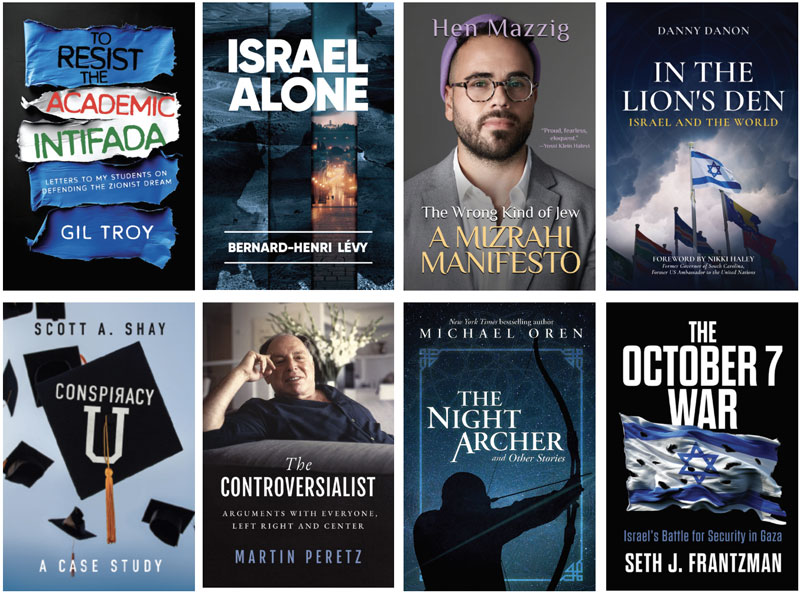
“We are not esthetes,” Bernstein added. “We are fighting a war of ideas. And we serve a specific community. We both started out as conservative publishers. Those concerns and values easily transition to the Jewish context. Ultimately,” he observed, “it’s about the defense of Western civilization,” whose liberal secular values have provided the only safety Jews have ever known.
Full disclosure: I am a Wicked Son author. In 2011, when I shopped around what ultimately became “Moynihan’s Moment: America’s Fight against Zionism as Racism,” the executive editor of one of the top university presses championed my proposal. But the editorial board rejected it, uncomfortable, she admitted, “with the word ‘Zionism’ in the title.” But when the same press published an anti-Zionist hit job, it became clear that the problem wasn’t the word ‘Zionism.’ The problem was that I was defending Zionism, not condemning it. Eventually, another, bolder publisher, Oxford University Press, did publish the book.
In subsequent years I started hearing the stories of this silent then-unspoken shunning of Jewish authors, and certainly of many pro-Israel and Zionist texts.
That’s why I went to Wicked Son with my latest book. I wanted to defend Zionism, Americanism, and liberalism. I also wanted to make the book personal, telling my own story and that of others who recall hearing about the misery our parents and grandparents grew up with, and knew our lives would be better than theirs. I call that “Generation Hope.” But I struggled with the form, thinking of memoirs as suited to history-makers not historians.
“Try writing a series of letters to your students,” Bellow suggested. “They’ll absorb your ideas and arguments more easily if you present them as things you learned in the course of your life and career.” I also realized their parents would be happy hearing both the questions students ask and the answers and challenges I give in return. The resulting book, “To Resist the Academic Intifada: Letters to My Students on Defending the Zionist Dream,” has just been published.
This October, Wicked Son published Bernard-Henri Lévy’s new book, “Israel Alone.” Shelf Awareness, a leading trade publication aimed at independent booksellers, was the magazine that rejected an advertisement for the book. The editors feared that bookstore employees might go to management and say, “We don’t support this,” given that the word “Israel” was in the title and Lévy defends Israel. So in the name of sensitivity, they ironically chose to suppress awareness of the book rather than cause a problem. As history teaches, these are exactly the sort of small, seemingly inconsequential decisions that can lead to the isolation, ghettoization, and extermination of Jews.
Bari Weiss’ The Free Press let the world know about this totalitarian cancellation. Many rallied around Lévy and his book. It’s become Wicked Son’s “breakout” book. “In the first two years you are branding yourself,” Bellow explained, “establishing the fact that you exist, building a community of supporters, reaching out to media.” Now, thanks to the controversy over “Israel Alone,” the submissions are flowing in.
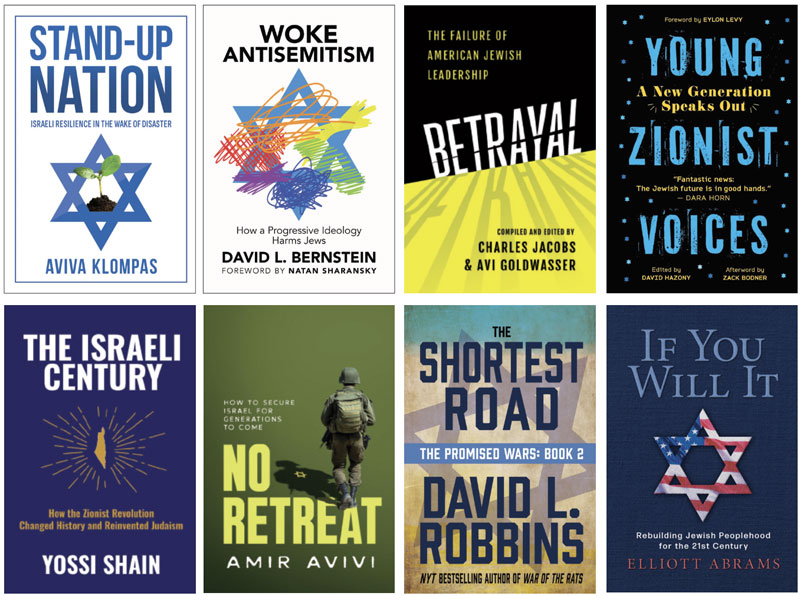
Having published 49 books already, seeking to produce 20 to 30 a year, they are moving the needle intellectually, ideologically, along with other publishers feeding the still capacious appetite Anglo Jews have for thoughtful Jewish-related and Zionist books. Wicked Son just released an anthology of young Zionist voices, and have important books in the pipeline including a defense of Israel as a cornerstone of Western civilization by Melanie Phillips, Benjamin Kerstein’s “Jewish Self Defense,” and Einat Wilf’s “Teaching Zionism.”
Thane Rosenbaum, who is also a Jewish Journal contributor, declared: “We need Wicked Son now more than ever. When Saul Bellow was one of America’s most celebrated novelists, nearly all the publishing houses wanted authors who were part of what became a renaissance in Jewish literature, which spanned the 1950s to the early 21st century. Now, in England and the United States, the Jewish and Jewish-American experience is completely out of fashion — unless you want to bash Israel. Ironically, Bellow’s son Adam has arrived on the scene to preserve the Jewish literary voice.”
Being at the right place at the right time has been exhilarating and validating for Wicked Son’s editors – but it has also been a challenge. Noting that W. Paul Coates, the father of Ta-Nehisi Coates, just won a lifetime achievement award from the National Book Foundation, despite publishing screeds that blame Jews for the slave trade, Bellow said, “They are sending a message. The publishing industry has picked a side, and it’s not ours. But never mind. Jews built the American publishing industry into a globally dominant powerhouse. We will build it again.”
And so we will rebuild it bigger and better – in publishing, academia, medicine, law, social work, psychiatry and other professions captured by the Woke revolution – just as we did with the Harmonie Club, the Hillcrest Country Club, and much of modern America.
Professor Gil Troy, a Senior Fellow in Zionist Thought at the JPPI, the Jewish People Policy Institute, the Global Think Tank of the Jewish People, is an American presidential historian. His latest book, “To Resist the Academic Intifada: Letters to My Students on Defending the Zionist Dream” was just published by Wicked Son.
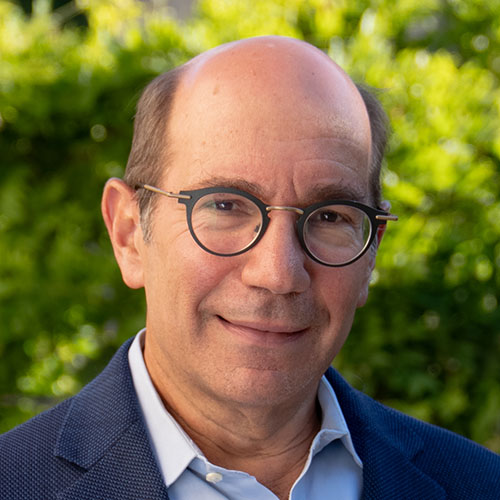






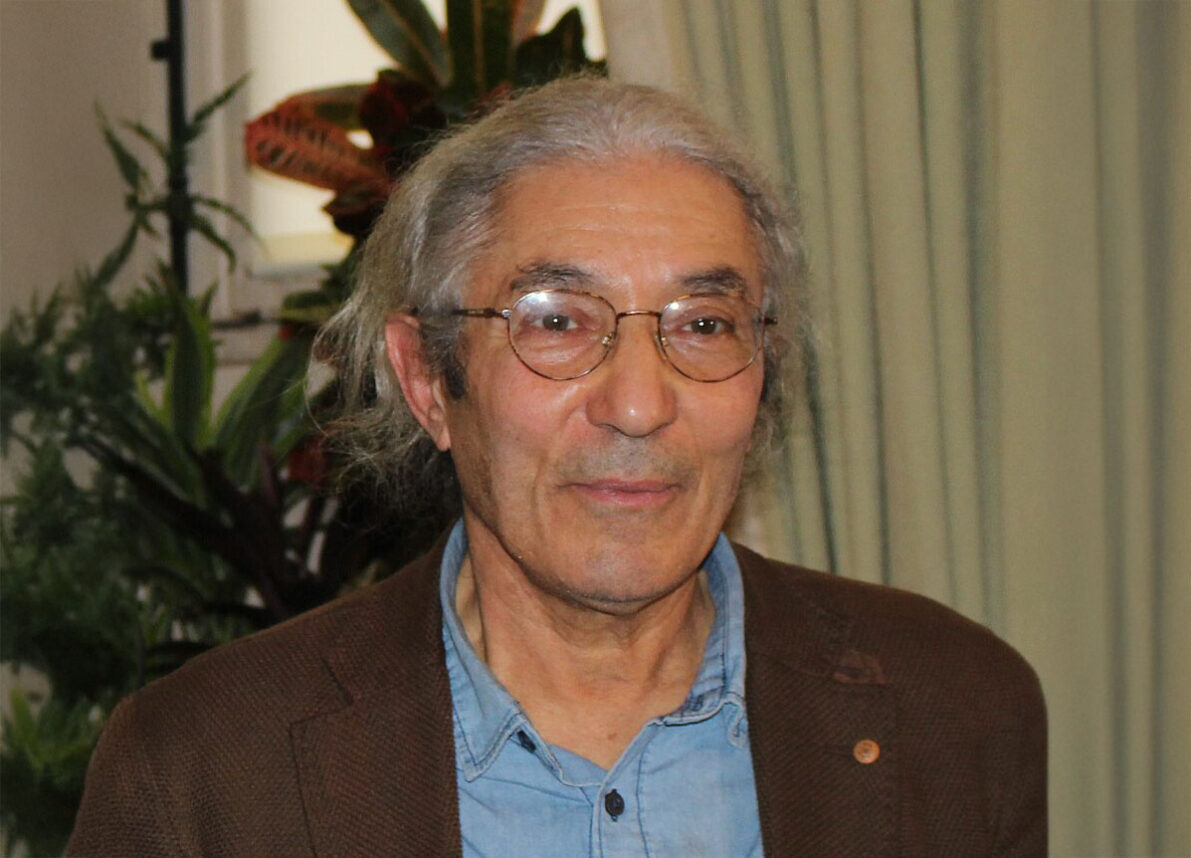
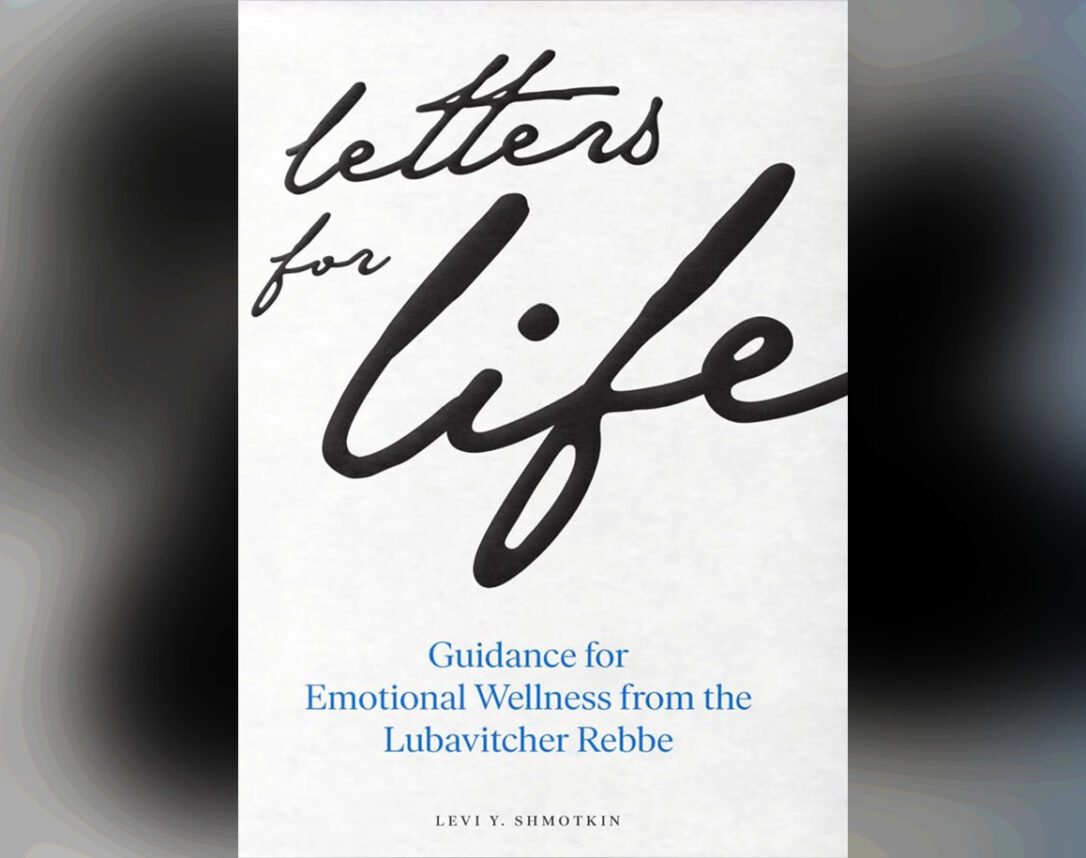


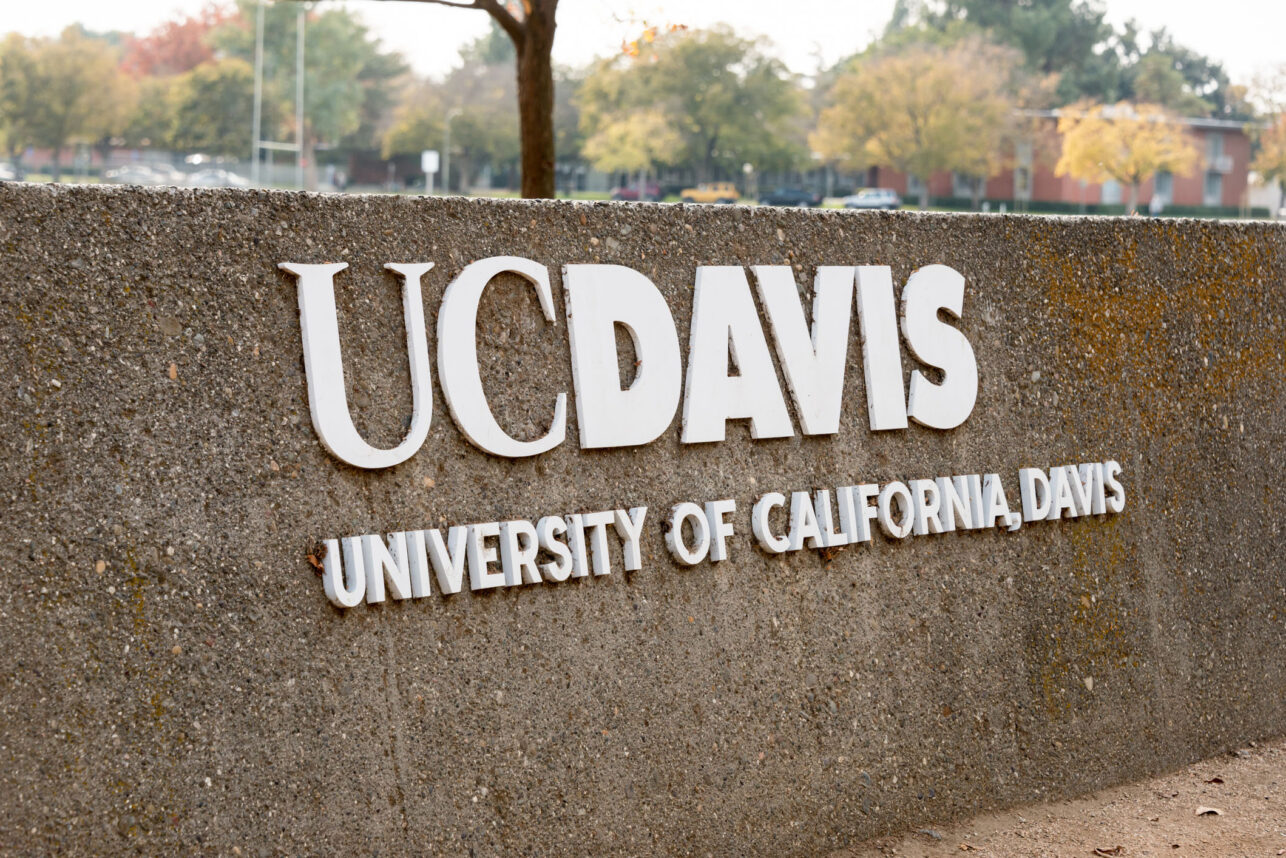
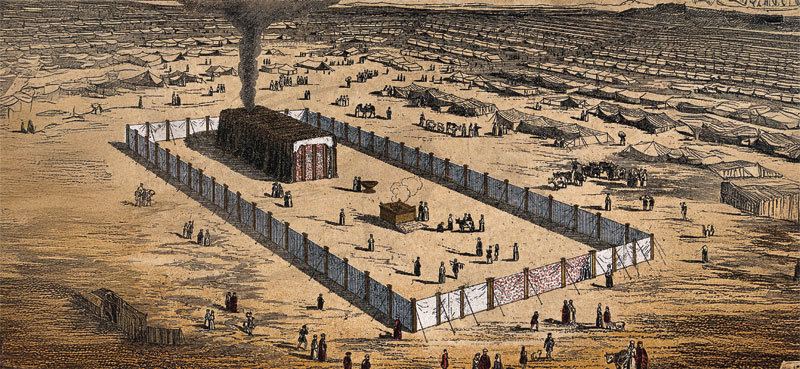
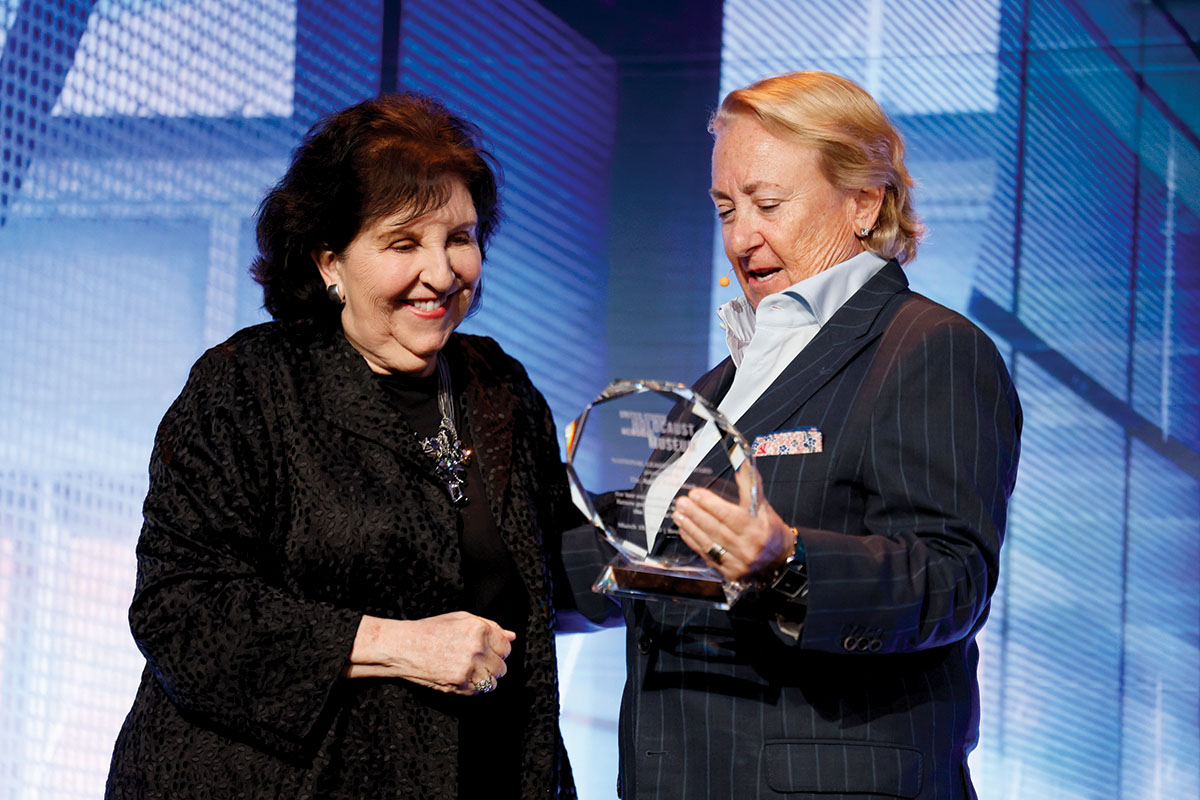


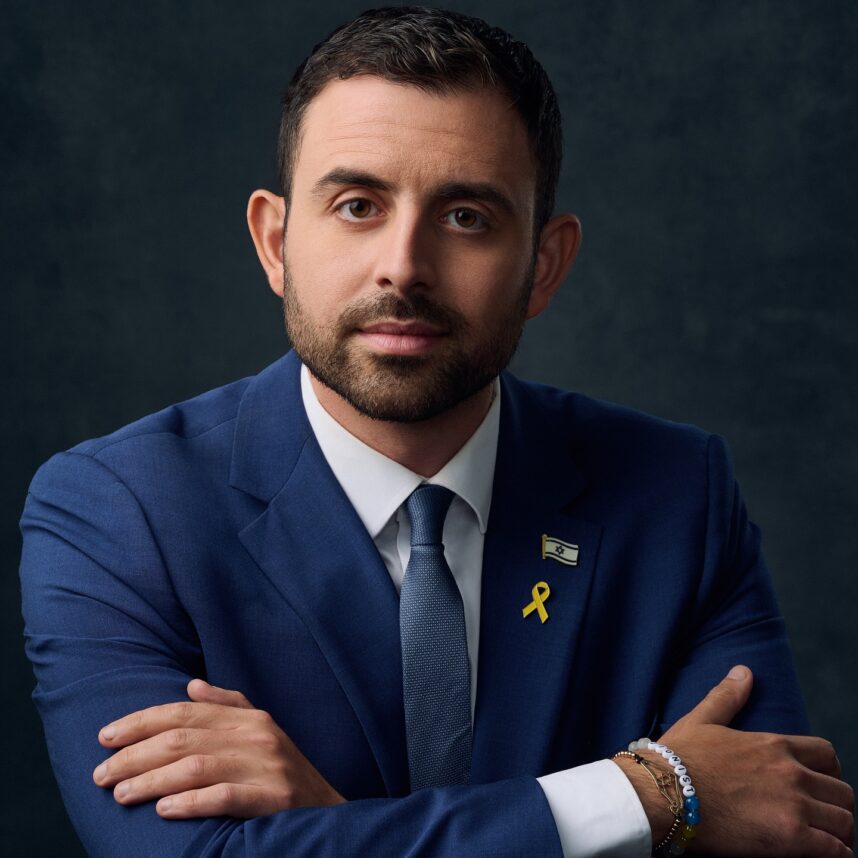







 More news and opinions than at a Shabbat dinner, right in your inbox.
More news and opinions than at a Shabbat dinner, right in your inbox.